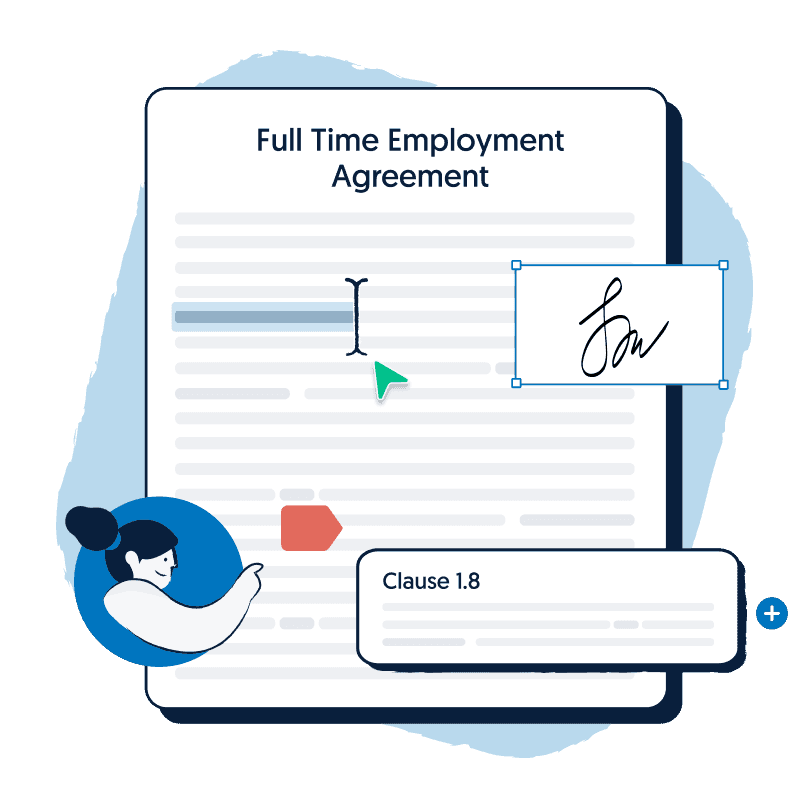💡Key Insight
- Under Australian employment law a lunch break is not a universal legal entitlement; whether employees must be provided a break and whether it must be paid depends on the applicable modern award, enterprise agreement, or employment contract rather than the Fair Work Act alone.
- An employee performing work during their lunch break is generally still considered “on duty”, and if the employer requires or permits work during that period the time typically becomes paid work rather than an unpaid meal break.
- Employers and employees should refer to their specific award, enterprise agreement, or contract terms to determine break entitlements, because some instruments specify minimum break lengths, paid meal breaks, or conditions where a break may be interrupted or counted as work time.
- Requiring staff to work through lunch without appropriate compensation or agreement may expose a business to compliance issues under relevant awards or agreements and can impact workplace safety and fatigue obligations, so workplace policies should clearly define break arrangements.
Introduction
Lunch breaks are an important part of the work day because they allow employees to take a break during a busy day. However, it may be tempting for employers to encourage their employees to work during their lunch break to maximise workflow. On the flip side, an employee may feel obligated to work during their lunch break for the same reason. However, is this legal? Read on to find out.
Am I entitled to a paid break?
Take this short quiz to see what type of breaks you may be entitled to.
1. What type of employee are you?
2. How many hours do you usually work per shift?
3. Are you covered by an Award, Enterprise Agreement, or employment contract?
Your result:
This is a general guide. For more detail, keep reading below or refer to your award or agreement.
Fair Work Act
A lunch break is not a legal requirement under the Fair Work Act 2009 (Cth) (‘Fair Work Act‘). An employee’s entitlement to a lunch break depends the relevant provisions of an their applicable modern award, enterprise agreement or individual’s contract of employment.
Modern Award
A modern award is a document which sets out minimum standards and conditions of employment. It may provide entitlements such as:
- Pay;
- Work Hours;
- Breaks;
- Penalty rates; or
- Overtime.
These awards change from industry to industry and further details can be found here.
Enterprise Agreement
An enterprise agreement is one that is made at an enterprise level between employers and employees and their union. They provide the terms and conditions of employment.
These agreements occur through collective bargaining in good faith at an enterprise level.
Individual Contract of Employment
An individual contract of employment is an agreement between an employer and employee. It provides the terms and conditions of employment and can be in writing or verbal.

Get your Full Time Employment Agreement legal document for free.
How do these Agreements Affect Lunch Breaks?
These agreements will state the provision of taking lunch breaks. They will commonly specify for a meal break for workers to be between thirty minutes to an hour. A meal break is implied to mean an unpaid break unless otherwise provided by the award or agreement.
Many of these awards and agreements prescribe limits to how long an employee may work without a meal break. Usually five hours is the maximum time they can work without one, but some agreements state six.
An employee required to work throughout their meal break is usually entitled to be paid at the appropriate overtime penalty rate. This penalty rate will continue to apply until they take a meal break.
However, there may be situations where payment remains at the ordinary rate of pay if employees work during meal breaks. For example, where employees must attend to broken machinery or perform routine maintenance during their meal break. However, employers will commonly set out a provision allowing an employer to stagger their meal breaks to meet operational requirements.
Is the Lunch Break Included in Ordinary Work Hours?
The Fair Work Act does not consider that a lunch break is part of an employee’s ordinary hours of work. It does not compel an employer to treat a lunch break as part of the hours that the employee worked.
What about Award/Agreement Free Employees?
There is no requirement to provide a meal break to an award/agreement free employee. Provisions will usually be stated in the contract of employment, but there is no statutory obligation to include such a term. However, the employer must consider the workplace health and safety consequences of employees that work long hours without a break.
Workplace Health and Safety Considerations
Workplace relations and workplace health and safety legislation do not specifically cover the regulation of meal breaks for award/agreement free employees. However, under workplace health and safety law, employers must provide a healthy and safe working environment. This means that workers must have adequate breaks to control risk and relieve fatigue.
Conclusion
It can be surmised that it is legal for an employee to work during their lunch break in many situations. However, employers must ensure that they are following the provisions of the employee agreement, award or contract to ensure that they are abiding by these requirements.

Get a fixed-fee quote from Australia's largest lawyer marketplace.






